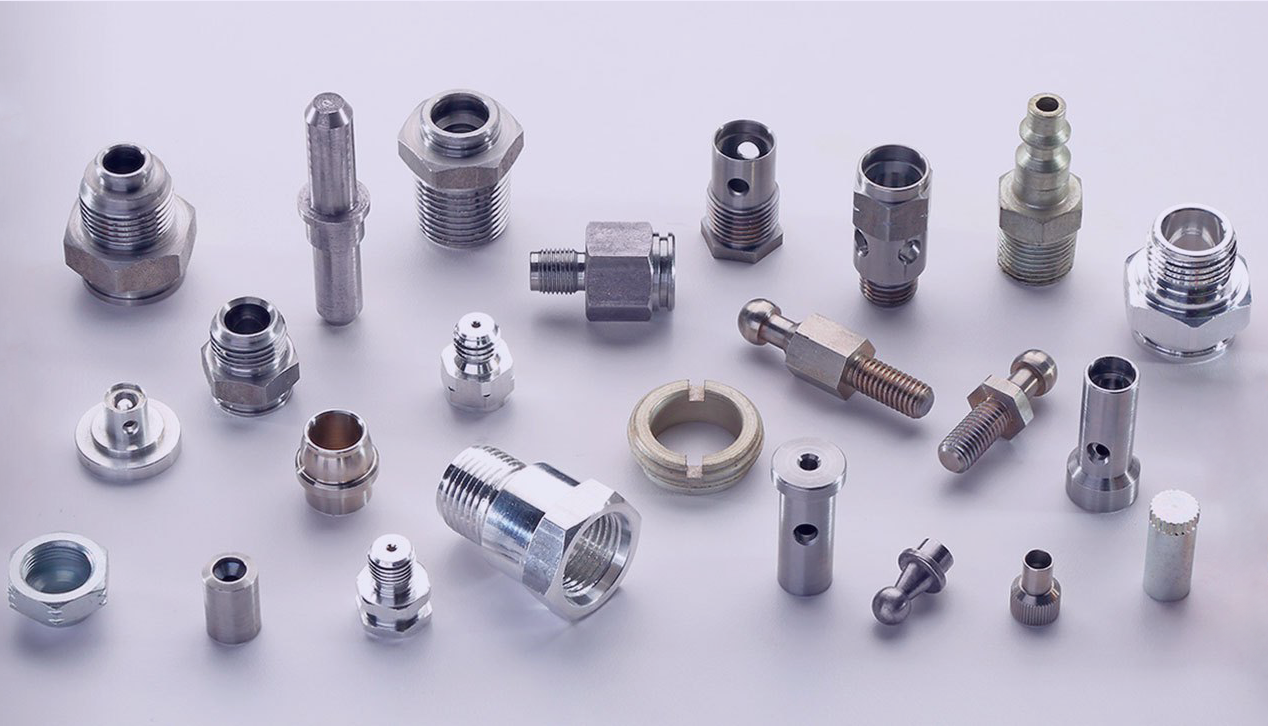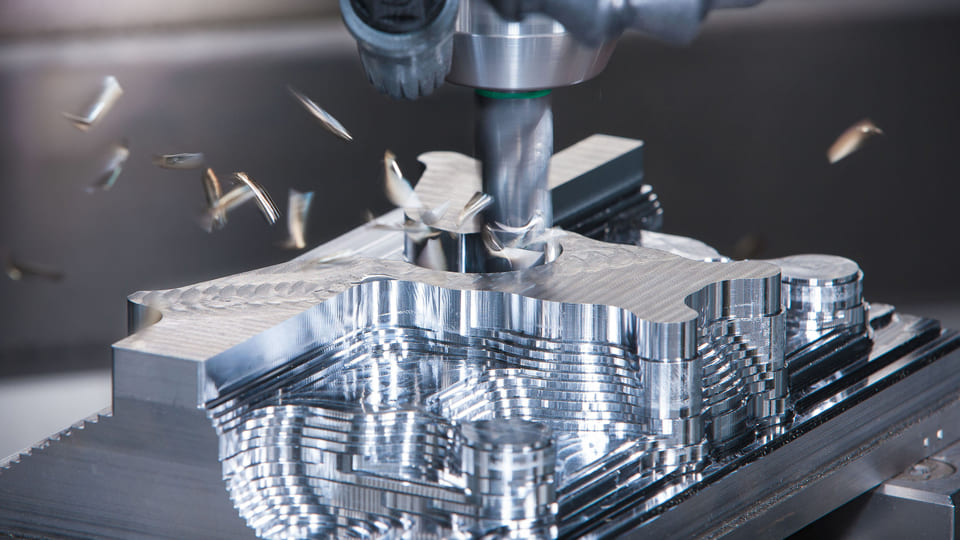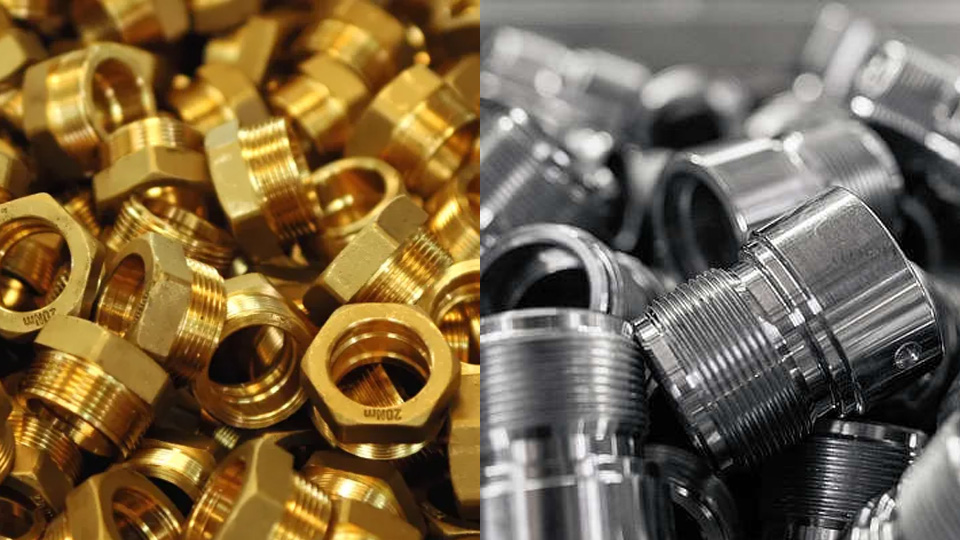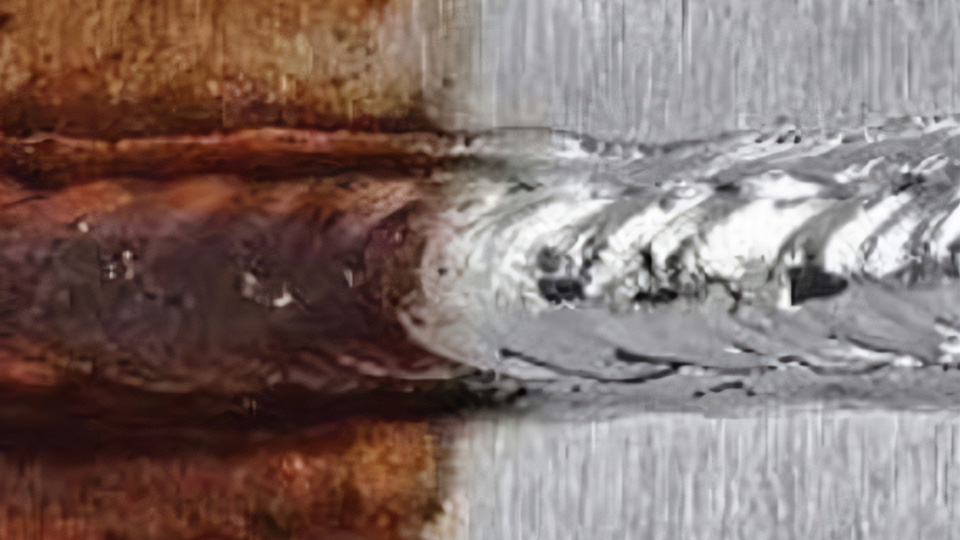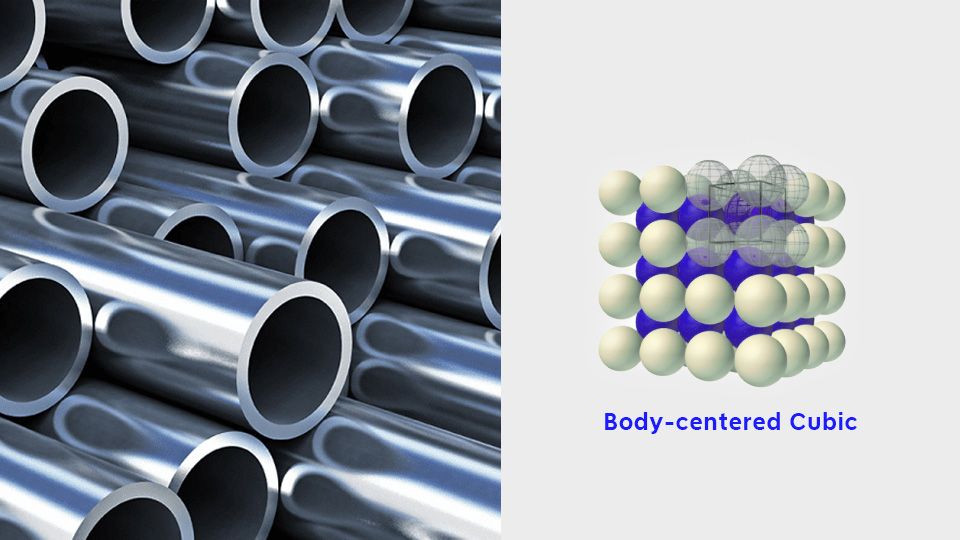Selecting suitable materials for CNC (Computer Numerical Control) machining involves careful consideration of several factors to ensure the desired performance and functionality of the machined parts. Here are several factors to consider when selecting the right materials for your CNC machining project.
Part dimensional tolerance
If you do not specify a tolerance on your drawing, we use an iso2768-m standard to machine your parts. Even if you have a specific tolerance for your part, it is a good idea to recheck it to see whether it can be adjusted to loosen the tolerance and still ensure the part works to its full potential, If you are not sure what the exact tolerance your parts require. Let a professional CNC machining services enterprise help you figure it out.
Machining environment
Considering the machining environment is crucial because different materials react differently to the machining environment. Selecting materials that are compatible with the machining environment ensures the performance and durability of the final product under specific conditions. For example, in aerospace manufacturing, where precision and reliability are paramount, understanding the effects of temperature fluctuations on material expansion and contraction is essential. Therefore, materials with stable thermal properties are often preferred to ensure dimensional accuracy and avoid deviations in critical tolerances.
Part weight
Specifying the weight of a part requires consideration of several factors. First, different applications have different requirements for the weight of materials. For example, in aerospace, lightweight materials are widely used because they reduce the total weight of the aircraft and improve fuel efficiency and flight performance. Second, the weight of the material affects the cost of transporting the product. Lighter materials are typically easier to transport because they reduce fuel consumption and the load on transportation equipment, which reduces overall transportation costs. In addition, there is a balance between the weight strength, and stiffness of the material. In some applications, there is a need to ensure that the material is heavy enough to meet structural stability and performance requirements.
Part exposure environment
Whether your part will be exposed outdoors or indoors? the former means that it is exposed to uncertain environmental conditions such as extreme temperatures, chemical exposure, and moisture. Some materials are naturally resistant to corrosion, while other materials may need additional surface finishes. Your material may need to be able to resist the effects of corrosion, such as rusting, to maintain its integrity over time. So you need to plan for moisture in advance. As for extreme temperatures, whether hot or cold, some materials can withstand higher temperatures than the other materials. You should select an ideal material that can function effectively and efficiently at a temperature far above your expected working conditions.
Material stress load
Material stress load analysis ensures that the chosen material not only meets but ideally exceeds the expected stress loads. You should make informed decisions by examining factors such as tensile strength, yield strength, fatigue resistance, etc. These details are crucial because they determine whether the material can endure cyclical stresses, resist deformation, and provide a safety margin against unexpected mechanical challenges. Ultimately, this in-depth consideration ensures the component’s longevity, reliability, and optimal performance throughout its service life, which is particularly vital in industries where precision.
Overall cost
The overall cost of a project is critical because it affects the allocation of funds and product performance. Choosing high-cost materials may result in project overruns, while materials that are too cheap may sacrifice the quality and performance of the product. Therefore, it is the best practice to choose materials that are affordable and still offer all the necessary functionality.
Optional materials for CNC machining project
Aluminum 6061
Aluminum 6061 is a versatile aluminum alloy characterized by its excellent strength, machinability, and corrosion resistance. It is part of the 6000 series of aluminum alloys, primarily composed of aluminum, magnesium, and silicon. With its balanced properties, Aluminum 6061 is commonly used in various industries, including aerospace, automotive, marine, consumer goods, and architecture. In aerospace, it contributes to the construction of lightweight yet robust aircraft components, while in the automotive sector, it finds applications in wheels, chassis parts, and engine components due to its strength and weight-saving properties. Its corrosion resistance makes it suitable for marine applications, and it is a popular choice for bicycle frames, camping equipment, and architectural elements.
Aluminum 7075
Aluminum 7075 is a high-strength aluminum alloy known for its exceptional strength-to-weight ratio and high tensile strength. Belonging to the 7000 series of aluminum alloys, it is primarily composed of aluminum, zinc, and copper, resulting in impressive mechanical properties. Aluminum 7075 is widely used in industries and applications that demand strength and durability. It is a common choice in aerospace for constructing aircraft structures, including wing spars and fuselage frames, due to its combination of strength and low weight. Additionally, it is used in military and sporting goods applications for its resistance to stress cracking and high-performance characteristics. In the automotive sector, it contributes to the manufacturing of high-performance engine parts and suspension components, while in the industrial realm, it is employed in machinery, tooling, and equipment requiring robust materials to withstand heavy loads.
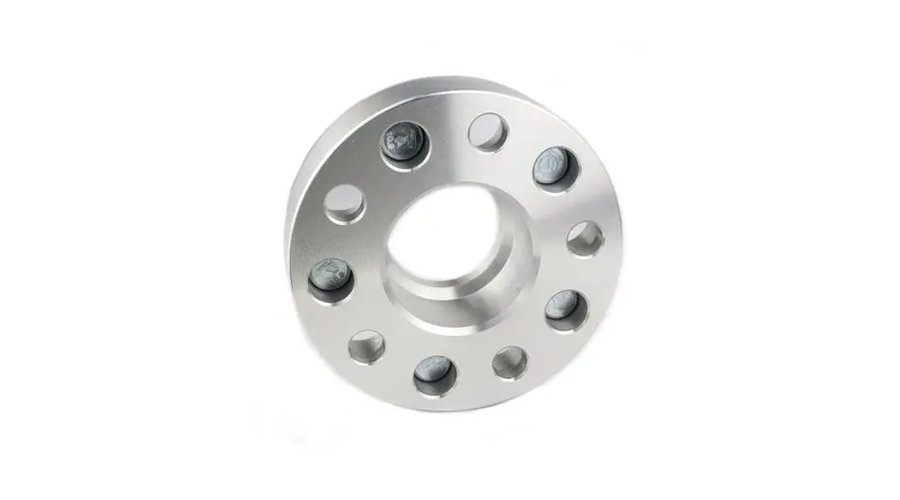
Stainless Steel 303
Stainless Steel 303 is part of the 300 series of stainless steels and is characterized by its excellent machinability. It contains added sulfur, which enhances its machinability but reduces its corrosion resistance compared to other stainless steel grades. Stainless Steel 303 is commonly used for machined parts in the automotive, aerospace, and medical industries.
Stainless Steel 304
Stainless Steel 304 is a widely used stainless steel alloy recognized for its corrosion resistance and durability. It is frequently employed in the food processing industry for equipment like tanks and pipes due to its resistance to rust and corrosion. In architectural applications, Stainless Steel 304 is used for handrails and decorative elements, maintaining its integrity even in challenging environments.
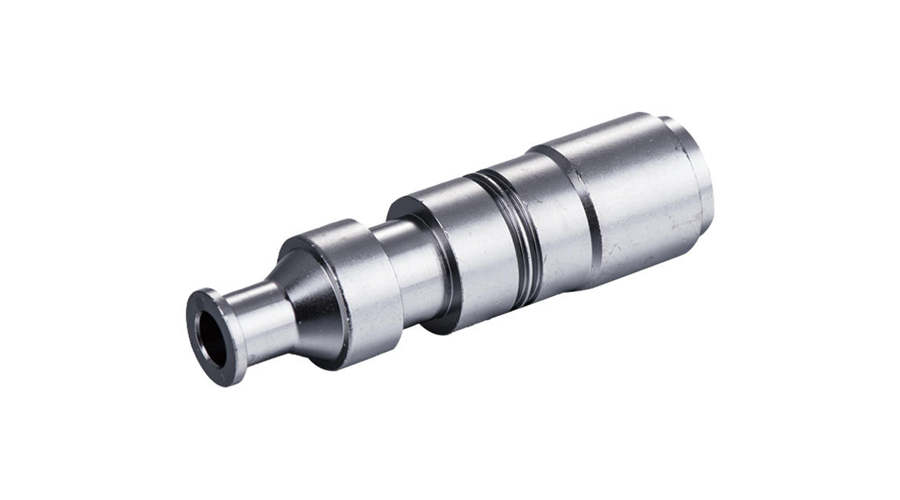
Stainless Steel 316
Stainless Steel 316 belongs to the 300 series of stainless steels and is distinguished by its enhanced corrosion resistance, particularly in saline or corrosive environments. It finds extensive use in marine applications, including boat hardware and fittings, where resistance to seawater is crucial. In the medical field, Stainless Steel 316 is employed for surgical instruments and implants due to its biocompatibility and resistance to body fluids.
Brass
Brass is a metal alloy known for its excellent electrical and thermal conductivity. It is created by combining copper with varying levels of zinc, resulting in a material that is easy to machine and has an attractive golden appearance. Brass is commonly used in decorative hardware applications such as doorknobs, handles, and fittings. Its corrosion resistance and machinability make it ideal for plumbing components, including valves and fittings, within the water supply industry.
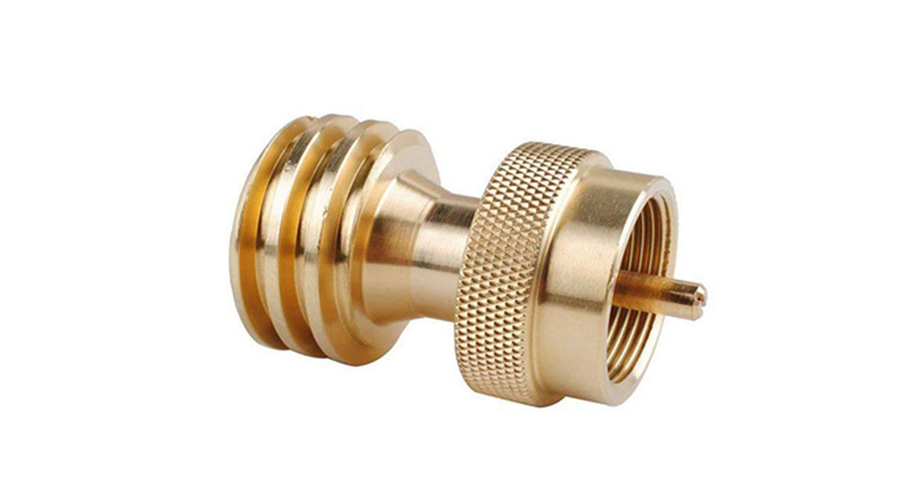
Copper
Copper is renowned for its excellent electrical and thermal conductivity. Copper 110, also known as Electrolytic Tough Pitch (ETP) copper, is often used in electrical connectors, terminals, bus bars, and conductors due to its efficient electrical conductivity. It plays a vital role in electrical systems where the efficient transmission of electricity is essential.
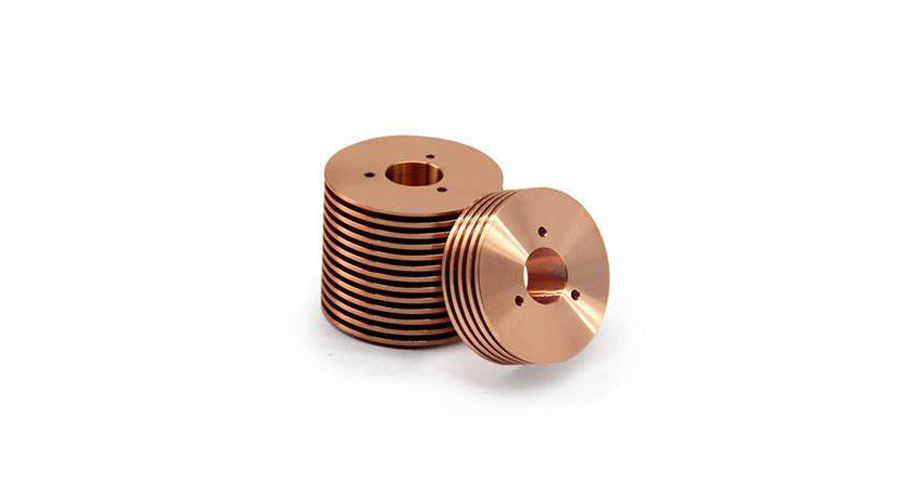
Magnesium AZ31
Magnesium AZ31 is a lightweight alloy composed primarily of magnesium, aluminum, and zinc. It is renowned for its low density, making it one of the lightest structural metals. This alloy is often used in aerospace and automotive applications where weight reduction is critical. Its high strength-to-weight ratio makes it valuable for aircraft components, including aircraft frames and helicopter rotor hubs.
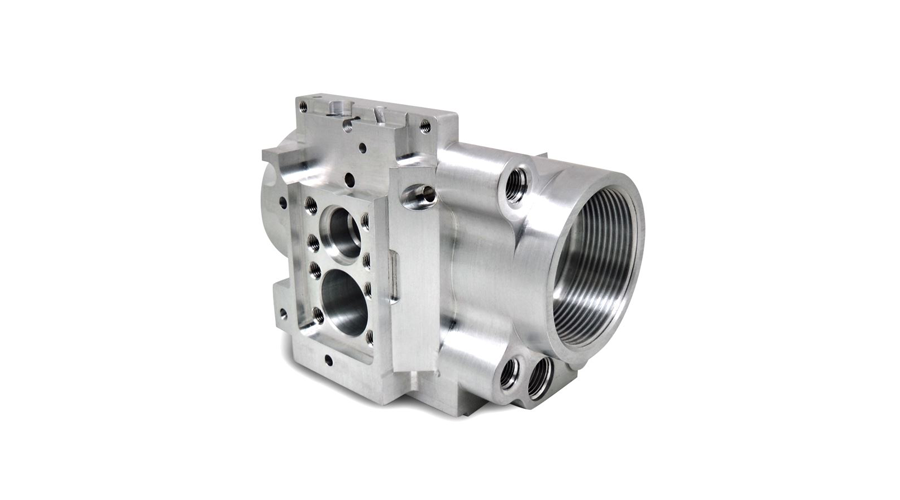
Carbon Steel 1045
Carbon Steel 1045, a medium carbon steel, is valued for its excellent strength and durability. It is frequently used in machinery and automotive components, such as gears, shafts, and axles. Due to its machinability and affordability, Carbon Steel 1045 is a common choice for a wide range of applications requiring strength and wear resistance.
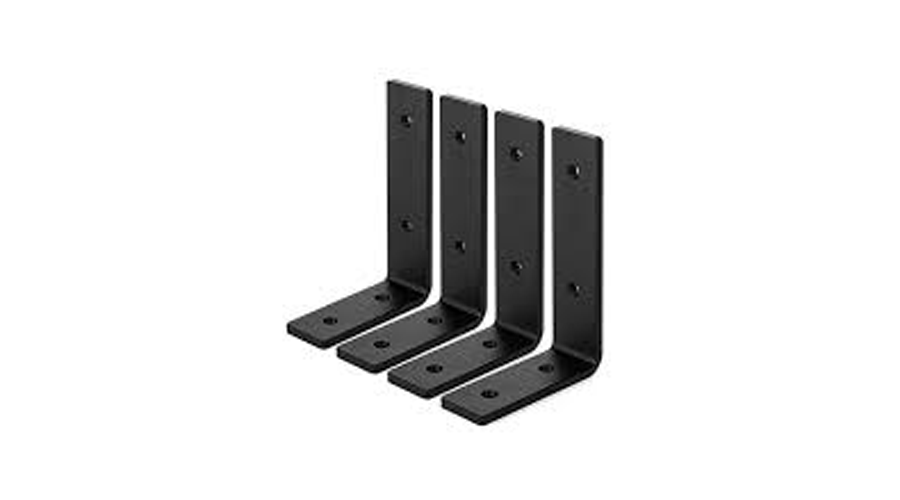
Titanium
Titanium is a lightweight and strong metal known for its high strength-to-weight ratio, exceptional corrosion resistance, and biocompatibility. Titanium Grade 5, also known as Ti-6Al-4V, is one of the most popular titanium alloys. It is extensively used in the aerospace industry for aircraft components like engine parts and airframe components. In the medical field, it is employed for dental implants and prosthetic devices due to its biocompatibility.
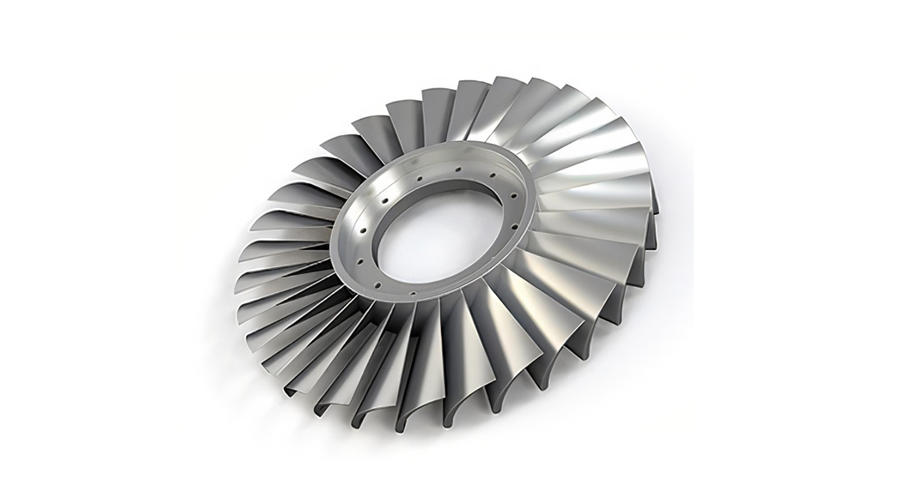
ABS (Acrylonitrile Butadiene Styrene)
ABS is a thermoplastic known for its durability, impact resistance, and versatility. It is commonly used in a wide range of applications, including automotive parts, consumer electronics, toys, and household appliances. Its ability to be easily molded and its resistance to chemicals make it a popular choice for various manufacturing needs.
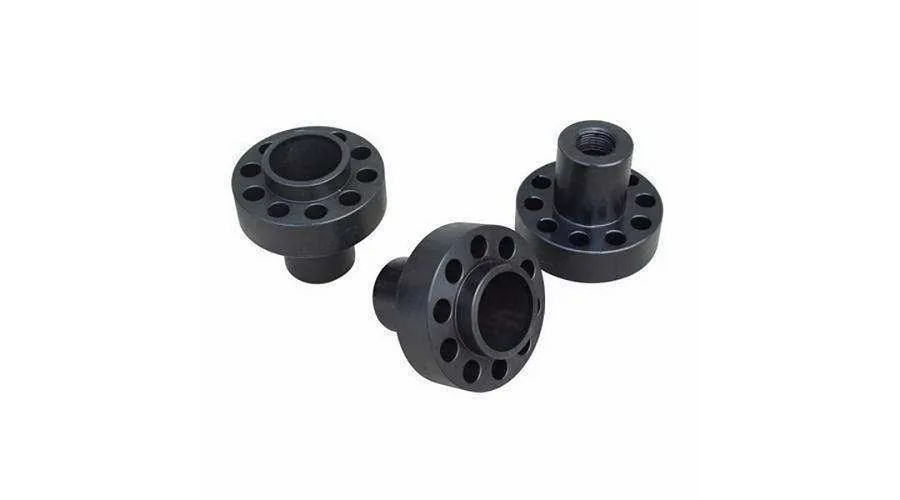
PVC (Polyvinyl Chloride)
PVC is a widely used thermoplastic known for its excellent chemical resistance and low cost. It is commonly used in construction for pipes, fittings, and vinyl siding. PVC is also employed in the healthcare industry for medical tubing and in consumer products like vinyl flooring and inflatable structures.
PEEK (Polyether Ether Ketone)
PEEK is a high-performance thermoplastic with exceptional mechanical properties, chemical resistance, and thermal stability. It is commonly used in aerospace, automotive, and medical applications, such as aerospace components, medical implants, and high-performance engineering parts where durability and high-temperature resistance are essential.
POM (Polyoxymethylene)
POM, also known as acetal, is a high-strength thermoplastic known for its low friction and excellent wear resistance. It finds applications in automotive components, such as gears and bushings, as well as in consumer goods like zippers and handles due to its toughness and self-lubricating properties.
PC (Polycarbonate)
Polycarbonate is a transparent thermoplastic known for its exceptional impact resistance and optical clarity. It is commonly used in the production of safety goggles, eyeglass lenses, and medical devices. In engineering applications, the PC is used for its high strength and resistance to temperature fluctuations.
PP (Polypropylene)
Polypropylene is a versatile thermoplastic known for its chemical resistance and low density. It is widely used in the packaging industry for containers and bottles. PP is also employed in automotive components, such as bumpers, and the manufacturing of laboratory equipment due to its chemical resistance and heat resistance.
Nylon
Nylon is a family of thermoplastic materials known for their high strength, flexibility, and wear resistance. Various types of nylon, such as Nylon 6 and Nylon 66, find applications in gears, bearings, and other mechanical components due to their self-lubricating properties and durability. Nylon is also used in the textile industry for making fabrics and in consumer goods like toothbrush bristles and fishing lines.
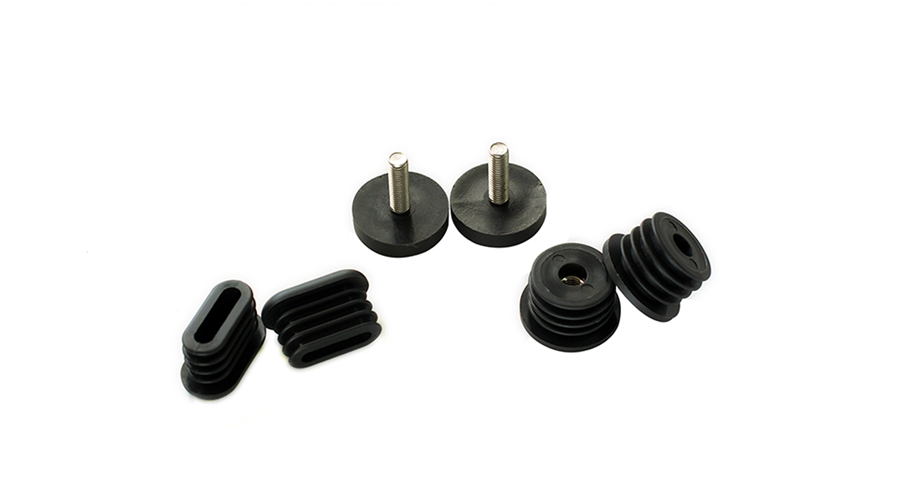
Get expert advice from SogaWorks
As materials science advances, the world of CNC machining relies increasingly on careful material selection. At SogaWorks, we are experts in CNC machining services, including precise CNC milling and turning. We offer a wide range of materials, from high-quality metals to top-notch plastics. Our experienced team and state-of-the-art machining capabilities enable us to deliver unparalleled precision and quality to our valued customers.
